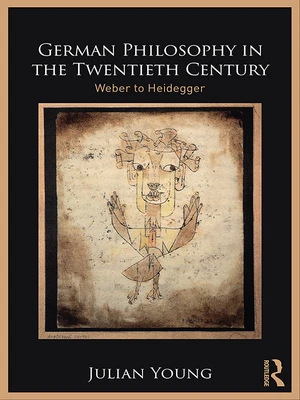The course of German philosophy in the twentieth century is one of the most exciting, diverse and controversial periods in the history of human thought. It is widely studied and its legacy hotly contested. In this outstanding introduction, Julian Young explains and assesses the two dominant traditions in modern German philosophy â critical theory and phenomenology â by examining the following key thinkers and topics: Max Weberâs setting the agenda for modern German philosophy: the ârationalizationâ and âdisenchantmentâ of modernity resulting in âloss of freedomâ and âloss of meaningâ Horkheimer and Adorno: rationalization and the âculture industryâ Habermasâ defence of Enlightenment rationalization, the âunfinished project of modernityâ Marcuse: a Freud-based vision of a repression-free utopia Husserl: overcoming the âcrisis of humanityâ through phenomenology Early Heideggerâs existential phenomenology: âauthenticityâ as loyalty to âheritageâ Gadamer and âfusion of horizonsâ Arendt: the human condition Later Heidegger: the re-enchantment of reality. German Philosophy in the Twentieth Century: Weber to Heidegger is essential reading for students of German philosophy, phenomenology and critical theory, and will also be of interest to students in related fields such as literature, religious studies, and political theory.
Price history
Oct 25, 2021
€42.82

